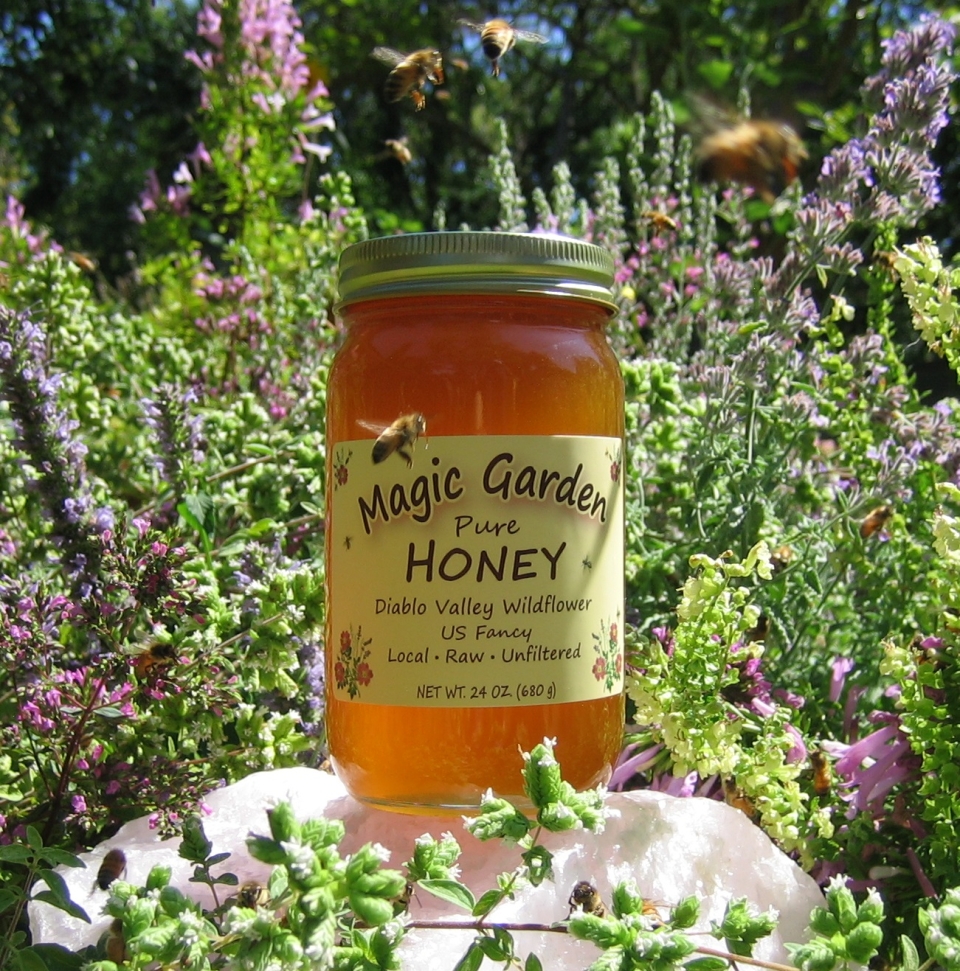Few people know that the almond nougat they'll savor next December or the crunchy almond granola they enjoy every day, have their start with an unassuming group of men and women gathered on February evenings up and down the Central Valley of California. From Sacramento to Bakersfield they assemble in church halls and Home Town Buffets, to break bread and share stories of the almond bloom and condition of their hives. They travel from Idaho, Minnesota, North Dakota and beyond, commercial beekeepers of America.
Looking across the dining room of a Turlock restaurant in 2013 (though it could have been this year, or any other), one views a sea of baseball caps and cowboy hats, an array of Levi's, leather boots and tennis shoes; faces rough and worn, or smooth shaven, young, handsome. This is a unique and humble group, though one that is wholly aware of their crucial role in the global food chain. One can't help but be impressed by their dedication, fortitude and endeavors.
“I hear Jeff is down 50%.”
“Joe lost all his hives.”
“Tim is selling off.”
Year after year, since the first hint of a world wide phenomenon called CCD, the concerns escalate.
“Feeling is we'll have a shortage of bees this year.”
“Who has uncommitted hives?”
“Buds are tight, no swelling.”
“Chill hours are what matters.”
“What's going on?”
“Put 'em in the orchards and pray.”
And so the conversation goes, over fried shrimp, meatloaf, wax beans and butter rolls.
On another day one can address the troubling issues of impending food shortages, neonic poisonings, dwindling bee habitat, varroa mites and viruses.
Tonight we simply recognize that the heart of the American beekeeping industry is alive in this room, in the sensitive, caring nature of these bee shepherds.

